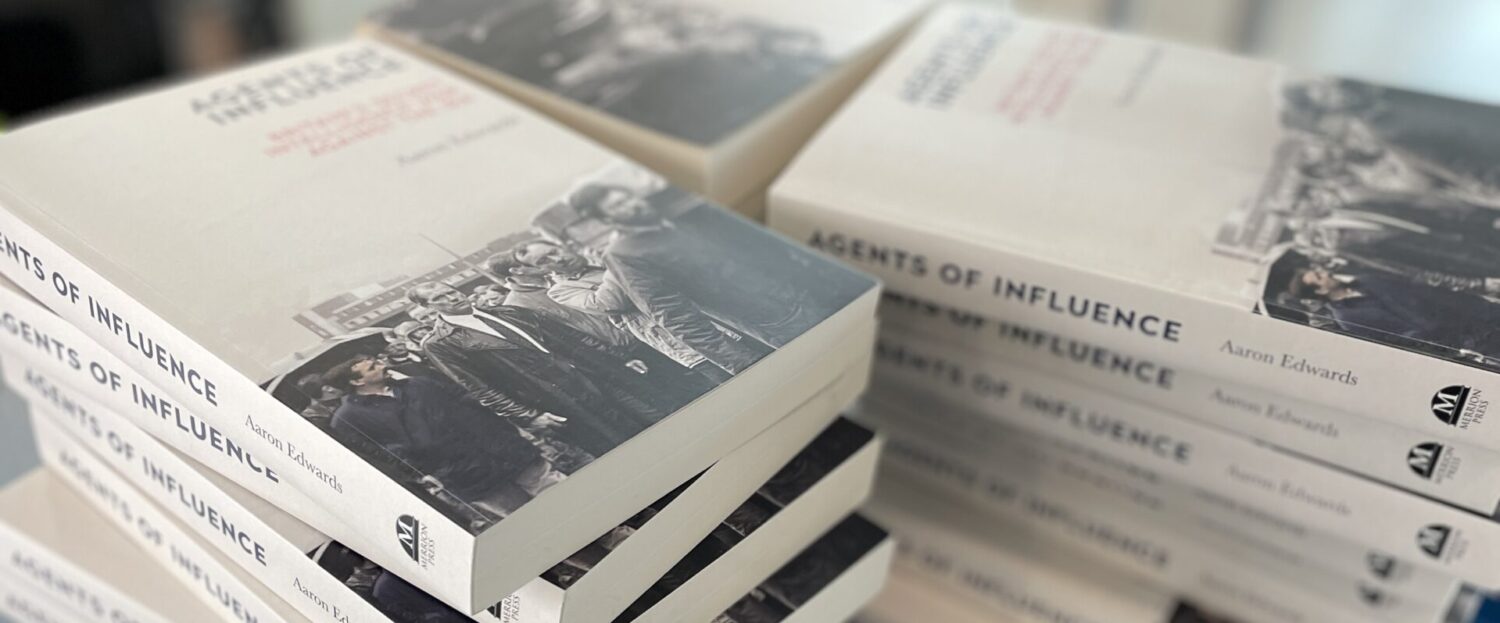Prime Minister Rishi Sunak’s Windsor Framework Agreement announced earlier this week has been greeted positively in Great Britain.
In Northern Ireland, however, feelings have been mixed.
Senior DUP politician Ian Paisley Jnr said it did not go far enough in restoring British sovereignty in Northern Ireland nor the Province’s place within the United Kingdom internal market.
In a blunt riposte, Paisley said it “didn’t cut the mustard.”
The DUP was quick to rebuke Paisley by issuing a statement that he did not speak for the party.
The Agreement itself, nevertheless, makes clear that it does put ‘beyond doubt Northern Ireland’s place in our precious Union, consistent with the Acts of Union and the Belfast (Good Friday) Agreement.’
However, it is light on detail here, dealing with the frictions around trade and movement of goods, people and pets than on how the Windsor Framework restores the essence of the East-West strand of the Good Friday Agreement.
Belfast Telegraph Northern Editor Sam McBride informs us that the Windsor Framework does not meet the DUP’s 7 tests by which they have said they are prepared to re-enter the Stormont Executive.
The basis by which the DUP now proceeds on the matter will be revealing about where the party is headed politically.
Speaking to one source close to the DUP today, it has been made clear to me that elements within the party are pushing for the acceptance of the Windsor Agreement on the basis of the UK Government taking back control of VAT and Excise.
For many political unionists, taxation without representation goes to the heart of the matter of what sovereignty means for them.
For those who believe in this fundamentalist reading of sovereignty, however, the sticking point lies elsewhere, particularly with the Principle of Consent as built into the framework of all political agreements in Northern Ireland since the 1990s.
It is clear that some Ulster Loyalists still believe that the Principle of Consent is first and foremost a veto to be exercised when they perceive their community identity to be under threat.
Other unionists who take a much more pragmatic reading of the Principle of Consent are more at ease with it falling into line with the exercise of a pragmatic, cross-community approach in tackling political issues.
The divisions over where sovereignty ultimately rests runs deep within unionism and loyalism and, as history attests, will undoubtedly now be played out as members of this community realign under Pro- and Anti-Windsor Agreement banners.
Sources close to the DUP have told me that this realignment has already happened within the DUP who are now gearing up to fight out a civil war akin to that which bedevilled the Conservative Party over Brexit.
Earlier this afternoon a source close to the Loyalist Communities Council (LCC), representing loyalist paramilitary groups, told me that a senior member of the DUP had met with the umbrella group to assist them in formulating a response to the Windsor Framework.
This may be confirmed by a cryptic tweet by DUP Sir Jeffery Donaldson, which reads: ‘Politics and democratic processes are the only way that we will succeed in overcoming the challenges of the Protocol. Violence and/or the threat of it, is wrong and never acceptable.’
Coming after clearly manufactured threats of UVF violence in reaction to the deal last weekend, this is only to be welcomed.
However, the UVF is not the only group to worry about here.
Sources close to the UDA’s power-base in North Antrim confirm that they are ‘not for accepting the Windsor Agreement.’
Although we need not concern ourselves with the views of every paramilitary faction, such obstinance nonetheless points to the difficulty of gaining a shared consensus amongst the loyalist paramilitary fraternity, especially since the LCC does not represent the totality of views within militant loyalism.
And, of course, we know this matters because the residual threat from all forms of paramilitarism in Northern Ireland remains a clear and present danger, according to the Independent Reporting Commission.
As the major electoral force within Ulster unionism, it remains to be seen whether the DUP can provide the necessary political leadership to the broader unionist and loyalist community.
There is much to play for in the coming days and weeks ahead.

